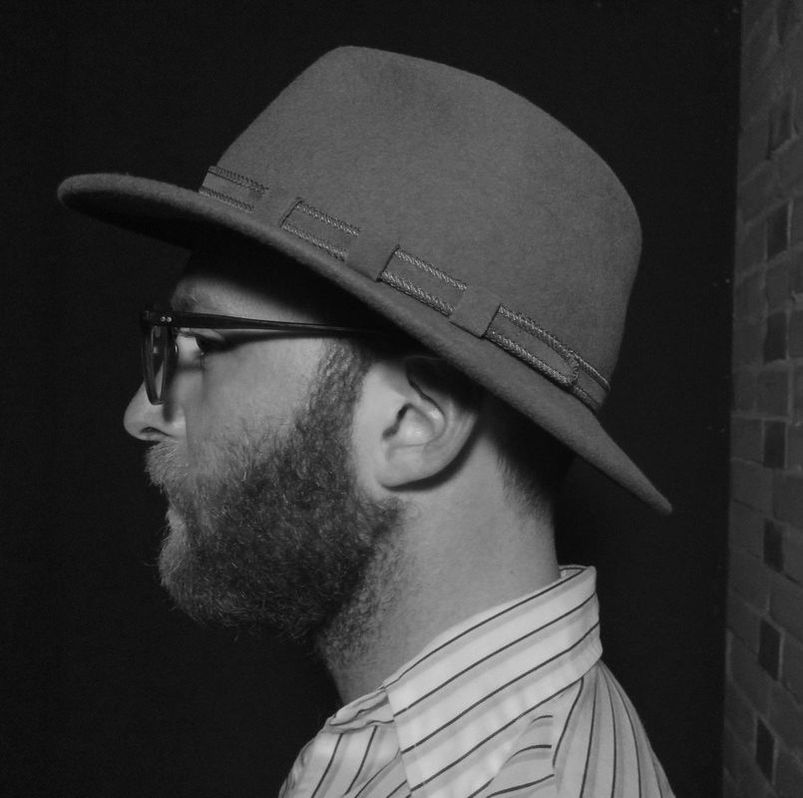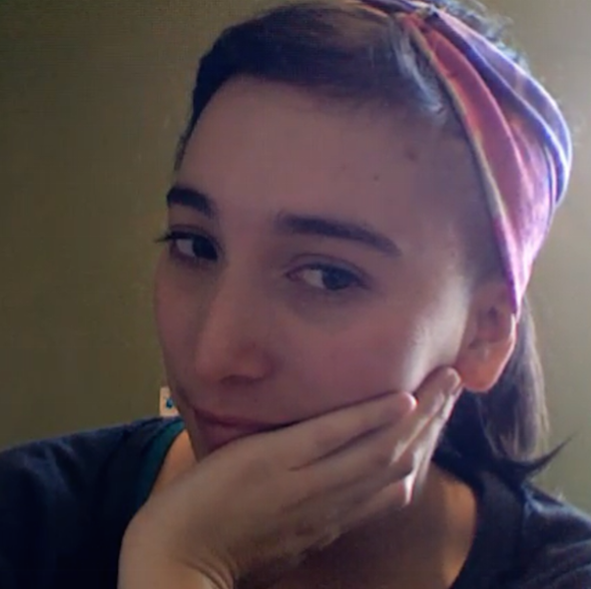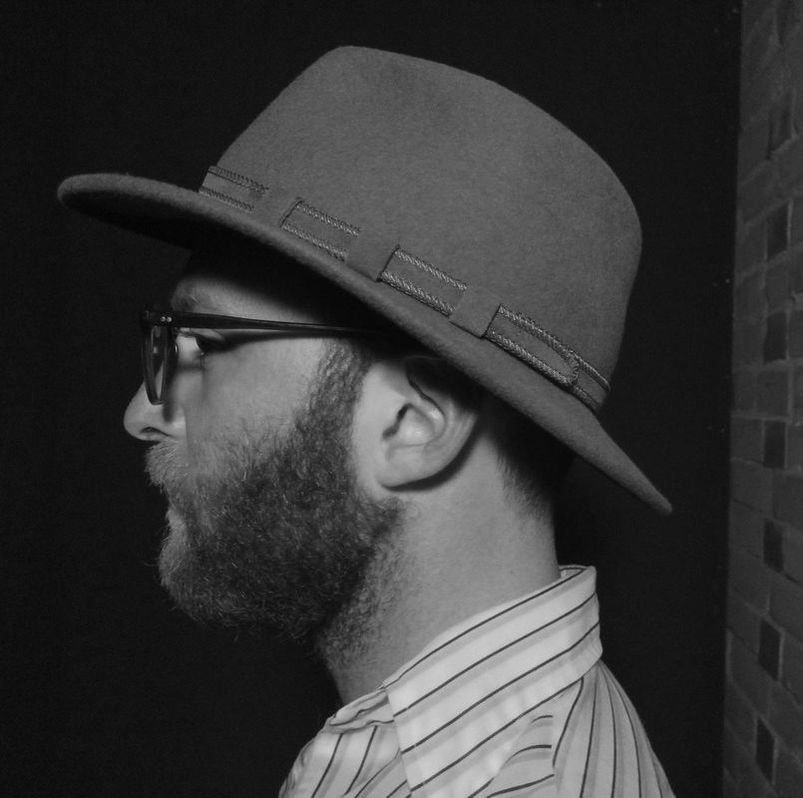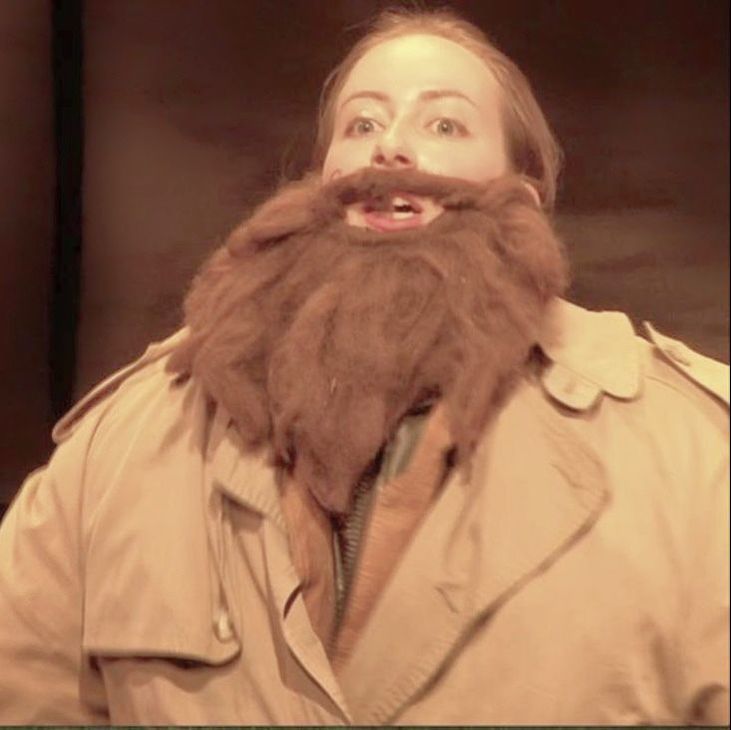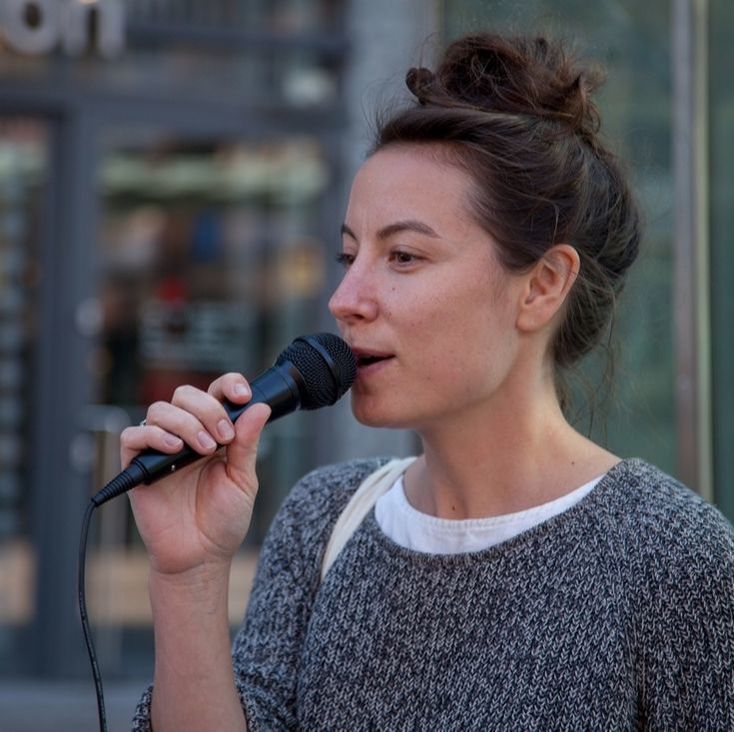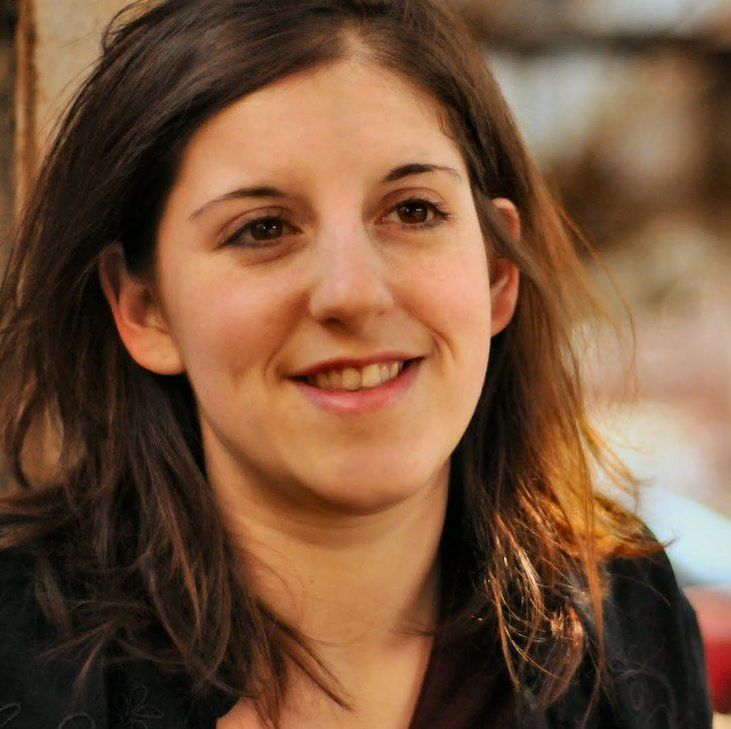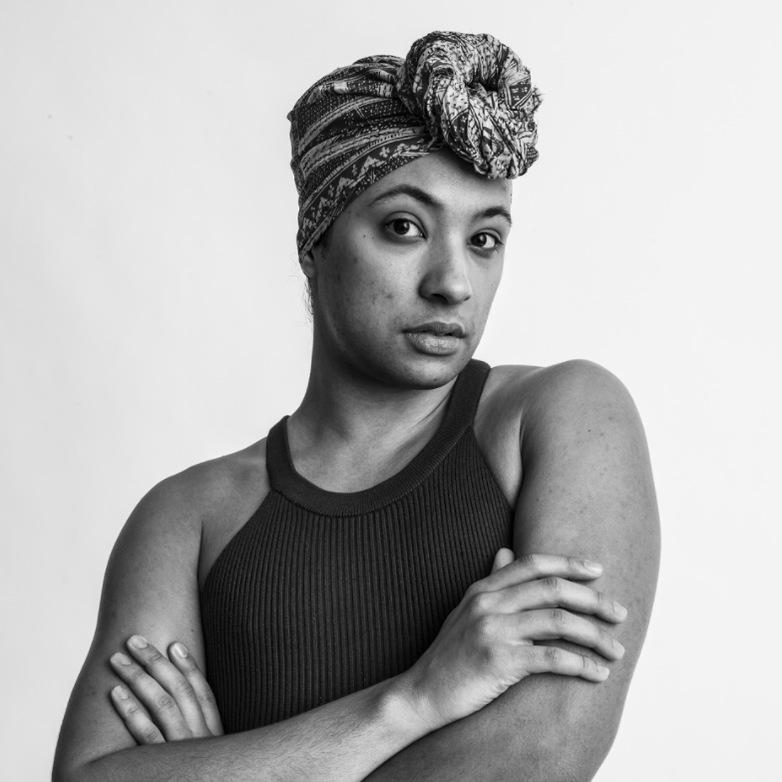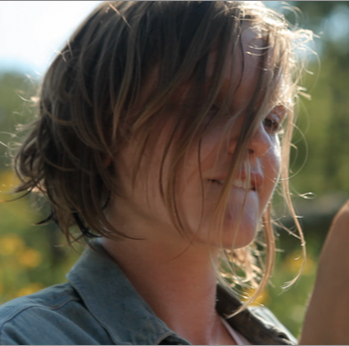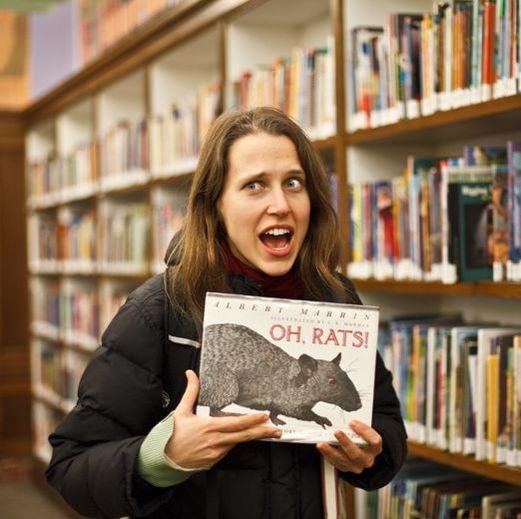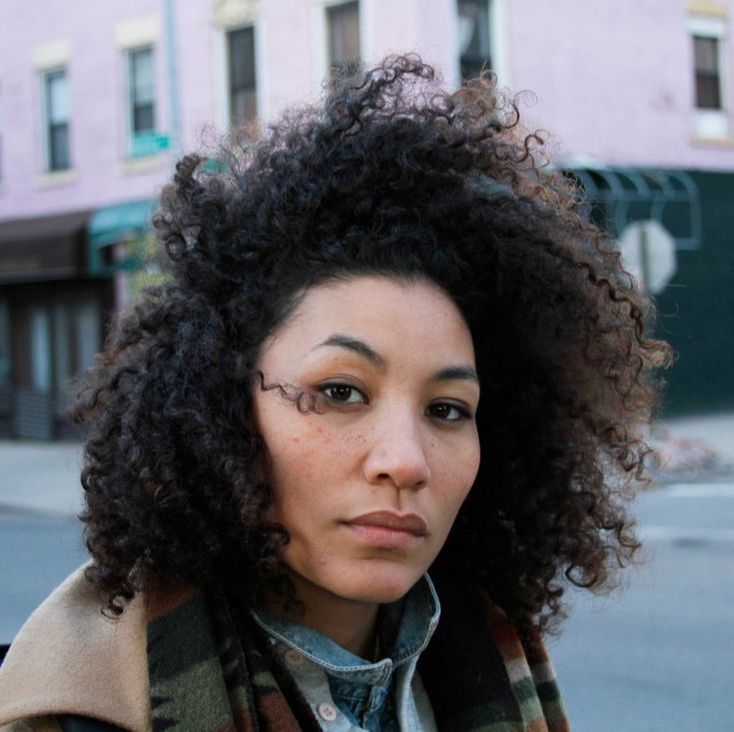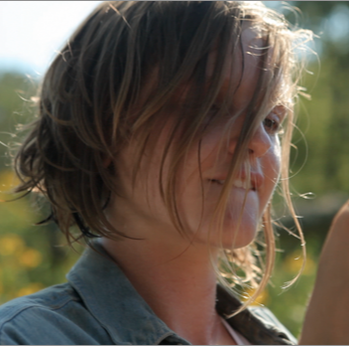DIALOGICAL EXPERIMENTS
April 19 - April 24
Krumville, NY
Tuition $300 *includes food and lodging
For this extended weekend intensive, we invite anyone that uses dialogue in their thinking/moving/making practice to create a 4-day dialogical structure, which will be enacted once per day for 4 days. These structures alongside daily tasks of living together such as gardening, cooking, eating and cleaning will all be folded into an entire world of conversation, the conditions of which will be our dialogical playground.
Many thinking and making practices use, shape and implicate conversation. Those that do, often involve intentionally structuring this conversation – setting how it happens, when, with whom and where. A symbiotic relationship develops between the content of the conversation and the structure that holds it. We are interested in experimenting with how creating a playful arrangement of conditions and context for dialogue can shape a conversation’s meaning within that relationship.
Each attendee, will be responsible for designing a 20 minute structured conversation for 1-4 participants and for deciding how their structure will shift from day to day. This will include determining: how many people will be involved in the conversation, where it will occur, what rules or structure will guide it, and what kinds of variables will they alter on each iteration? Throughout the weekend, the organizers will experiment with multimodal and asymmetric ways of generating material to transfer these conversations into archivable/recombinable content, which will then be compiled into a publication in the coming year.
People from all backgrounds are welcome to apply including musicians, curators, academics, social practice artists, writers, dancers, activists, cultural mediators, and educators who can propose and engage in creative structures for conversation such as scores, choreographies, prompts for dialogue, interactive interfaces, etc.
Many thinking and making practices use, shape and implicate conversation. Those that do, often involve intentionally structuring this conversation – setting how it happens, when, with whom and where. A symbiotic relationship develops between the content of the conversation and the structure that holds it. We are interested in experimenting with how creating a playful arrangement of conditions and context for dialogue can shape a conversation’s meaning within that relationship.
Each attendee, will be responsible for designing a 20 minute structured conversation for 1-4 participants and for deciding how their structure will shift from day to day. This will include determining: how many people will be involved in the conversation, where it will occur, what rules or structure will guide it, and what kinds of variables will they alter on each iteration? Throughout the weekend, the organizers will experiment with multimodal and asymmetric ways of generating material to transfer these conversations into archivable/recombinable content, which will then be compiled into a publication in the coming year.
People from all backgrounds are welcome to apply including musicians, curators, academics, social practice artists, writers, dancers, activists, cultural mediators, and educators who can propose and engage in creative structures for conversation such as scores, choreographies, prompts for dialogue, interactive interfaces, etc.

